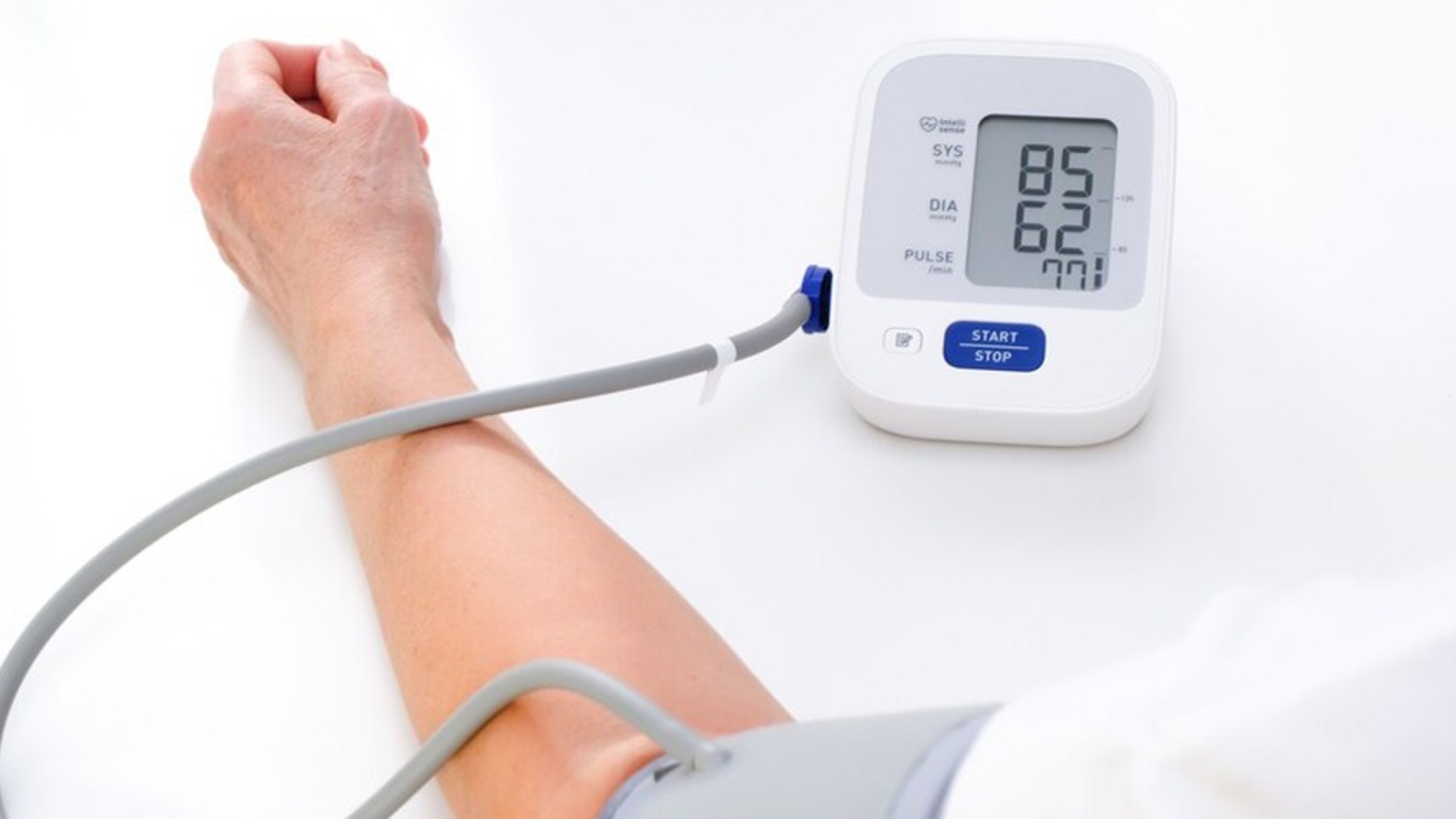What is Blood Pressure?
Blood pressure refers to the force of blood pushing against the walls of your arteries as your heart pumps blood throughout your body.
It is measured using two numbers:
systolic pressure, which is the pressure in the arteries when your heart beats, and diastolic pressure, which is the pressure in the arteries when your heart is at rest between beats. The unit of measurement for blood pressure is millimeters of mercury (mmHg).
Normal blood pressure is typically considered to be around 120/80 mmHg, while high blood pressure (hypertension) is defined as having a reading consistently at or above 130/80 mmHg. Low blood pressure (hypotension) is typically defined as having a reading consistently below 90/60 mmHg.
High blood pressure can be a serious health issue as it increases the risk of heart disease, stroke, and other health problems. It can often be managed through lifestyle changes such as diet and exercise, as well as medication prescribed by a healthcare professional. If you have concerns about your blood pressure, it’s important to speak with a healthcare professional for guidance on management and monitoring.
Types of Blood Pressure:
There are two main types of blood pressure: systolic and diastolic pressure.
Systolic pressure is the top number of a blood pressure reading and measures the pressure in your arteries when your heart beats or contracts. Normal systolic pressure is typically around 120 mmHg.
Diastolic pressure is the bottom number of a blood pressure reading and measures the pressure in your arteries when your heart is at rest between beats. Normal diastolic pressure is typically around 80 mmHg.
High blood pressure (hypertension) is diagnosed when your blood pressure consistently measures at or above 130/80 mmHg. Low blood pressure (hypotension) is diagnosed when your blood pressure consistently measures below 90/60 mmHg.
There are also different types of hypertension, including primary (essential) hypertension, which has no identifiable cause and is the most common type, and secondary hypertension, which is caused by an underlying health condition such as kidney disease or adrenal gland disorders.
It’s important to monitor your blood pressure regularly and to speak with a healthcare professional if you have concerns or if your readings are consistently high or low.
Why Monitor Blood Pressure?
Monitoring your blood pressure is important because high blood pressure (hypertension) is often referred to as the “silent killer” because it often has no symptoms but can lead to serious health problems such as heart disease, stroke, and kidney disease if left untreated. High blood pressure can also contribute to other health issues such as vision problems and sexual dysfunction.
Monitoring your blood pressure can help you to identify any potential issues early on, before they develop into more serious health problems. It can also help you to track the effectiveness of any lifestyle changes or medications that you may be prescribed to manage your blood pressure.
Regular blood pressure monitoring is especially important if you have a family history of high blood pressure or if you have other risk factors such as being overweight, not getting enough physical activity, or smoking.
It’s important to speak with a healthcare professional about how often you should have your blood pressure checked and to discuss any concerns you may have about your blood pressure readings. They can help you to develop a personalized plan for managing your blood pressure and reducing your risk of developing serious health problems.
Tracking Blood Pressure with Medugo:
Tracking your blood pressure readings can help you and your healthcare professional to monitor your blood pressure over time and identify any trends or patterns that may require further attention. This can help to detect and manage hypertension early, before it causes any serious health problems.
Medugo is a smartphone app that can help you to track your blood pressure readings and other health metrics.
When using Medugo to track your blood pressure, it’s important to measure your blood pressure at the same time each day and to follow any instructions provided by your healthcare professional. Medugo helps you bring your blood pressure tracking information to any appointments with your healthcare professional so that they can review it and provide personalized recommendations for managing your blood pressure.
Remember that monitoring your blood pressure is just one part of a comprehensive approach to managing your overall health. Other important factors include maintaining a healthy diet, getting regular physical activity, managing stress, and avoiding tobacco and excessive alcohol use.





